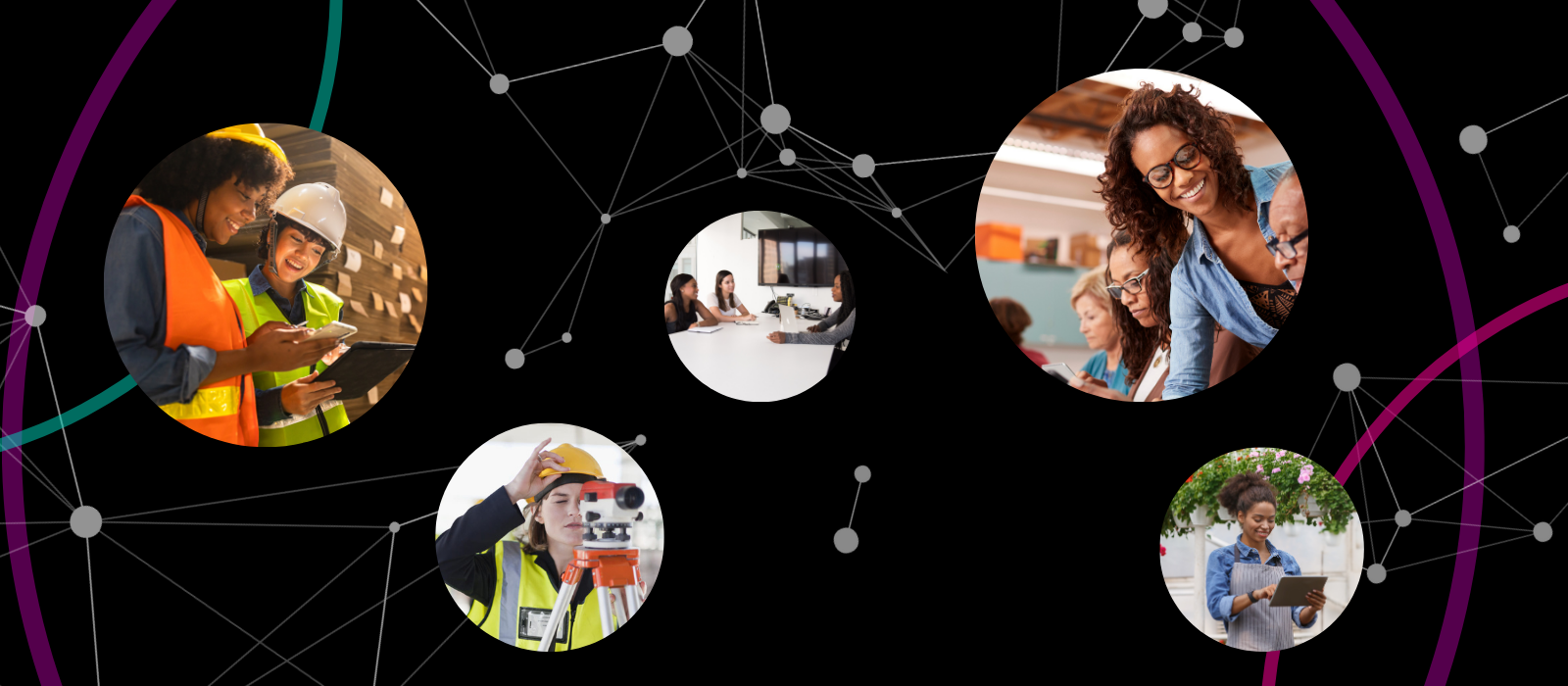Most desirable skills for the future of work are definitely not “soft”

In a time of rapid change and continued uncertainty, building out of a “she-cession”, there has been a fundamental shift in how employers and employees show up to work. As we recognize the importance of planning and strategy when contemplating the future of work, one issue on the minds of so many employers and employees is retention – the pros and cons of staying or going. How can our organizations ensure that we keep our best and brightest team members at a time when other organizations are enticing them to look further afield? Which skills matter most?
The cost of losing staff is exceptionally high. Losing one employee is estimated to cost an organization between 1.5 and 2 times their salary. In a future of work that is still being redefined, what are the top skills required to keep employees during times of instability and change?
In Catalyst research that focuses on our mission of building more inclusive workplaces, two particular “people skills” rise to the top in all of our research. They are: empathy and adaptability.
Anything but soft
The trend of referring to these as “soft skills” is fortunately coming to an end. It is, of course, quite ironic how society tends to downplay skills that are more typically associated with women by calling them “soft”, or inferring that they are “easy”. The term “soft skills” devalues their significance and critical importance. And, as we are seeing in a rapidly evolving future of work, these skills are anything but soft. They are hard to do. They are essential. And they can’t be delegated, discounted or diminished. And unlike outdated concepts that we might have heard, you are not actually born with them or not. Skills like adaptability and empathy can, should and must be developed, coached and nurtured in the workplace.
Catalyst research shows that empathy is no longer just something nice to have in a workplace, but a strategic imperative. Our research reveals that empathy is a crucial driver of workplace innovation, engagement and inclusion. With empathy at the centre of workplace competencies, employees expect and demand that their leaders and organizations care. This ties into the concept of Quality of Work, which goes beyond income or benefits, and which is a strategic priority for the Future Skills Centre (FSC). Several organizations are now spearheading research in collaboration with FSC to better define, understand and measure levels of work quality in our economy.
Empathy fosters engagement
Empathic leaders show concern, try to understand and relate to others across three dimensions – cognitive, emotional and behavioural. Our research in this area shows that empathy boosts productivity – employees with empathic managers and leaders are more innovative and engaged in their work than those with less empathic managers and leaders. And when leaders practise their empathy skills, they find that employees not only stay in organizations, but they are also more productive. Our researchers name empathy as an organizational superpower, especially in times of crisis or change.
The need to adapt
Adaptability is a second, must-have workplace skill. Our most recent study of 5,494 employees in 11 countries – including Canada – reveals that adaptability is a key leadership skill that managers must possess in order for their employees and businesses to thrive now and into the future of work. We found that in conjunction with empathy, manager adaptability drives employee outcomes such as inclusion, well-being, and intent to stay, and it decreases burnout. Yet our research shows that nearly seven out of ten employees say their managers fail to adapt. With unpredictable and unprecedented global challenges, managers who can effectively and flexibly respond to new situations and information will come out on top and lead their teams to success.
Coping with change and uncertainty
And true to Catalyst’s mission to create workplaces that work for women, we suggest that manager adaptability is essential for leading diverse teams. According to the data, racially and ethnically diverse teams are more innovative when they have adaptable leaders. Adaptable leaders boost inclusion for racially and ethnically marginalized employees who work on diverse teams.
As we celebrate International Women’s Day on March 8, here are four takeaways for all leaders to help develop skills in both empathy and adaptability:
- Cultivate self-awareness and reflect on your ability to cope with uncertainty and change.
- Develop a growth mindset.
- Create a climate of psychological safety that fosters expressions of differences.
- Be curious about what you know and what you don’t know.
Your teams, your colleagues and your peers will thank you. By keeping empathy at the centre of the workplace, leaders can make great strides in attracting and retaining employees. That, in turn, paves the way for an environment where Quality of Work is the glue that holds an organization together.
Julie Cafley, PhD, is the Executive Director of Catalyst Canada, an organization that builds more inclusive and diverse workplaces through research, learning and events. She is also the host of season 3 the Future Skills Centre podcast.
The views, thoughts and opinions expressed here are the author’s own and do not necessarily reflect the viewpoint, official policy or position of the Future Skills Centre or any of its staff members or consortium partners.




